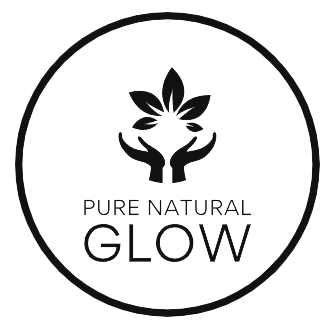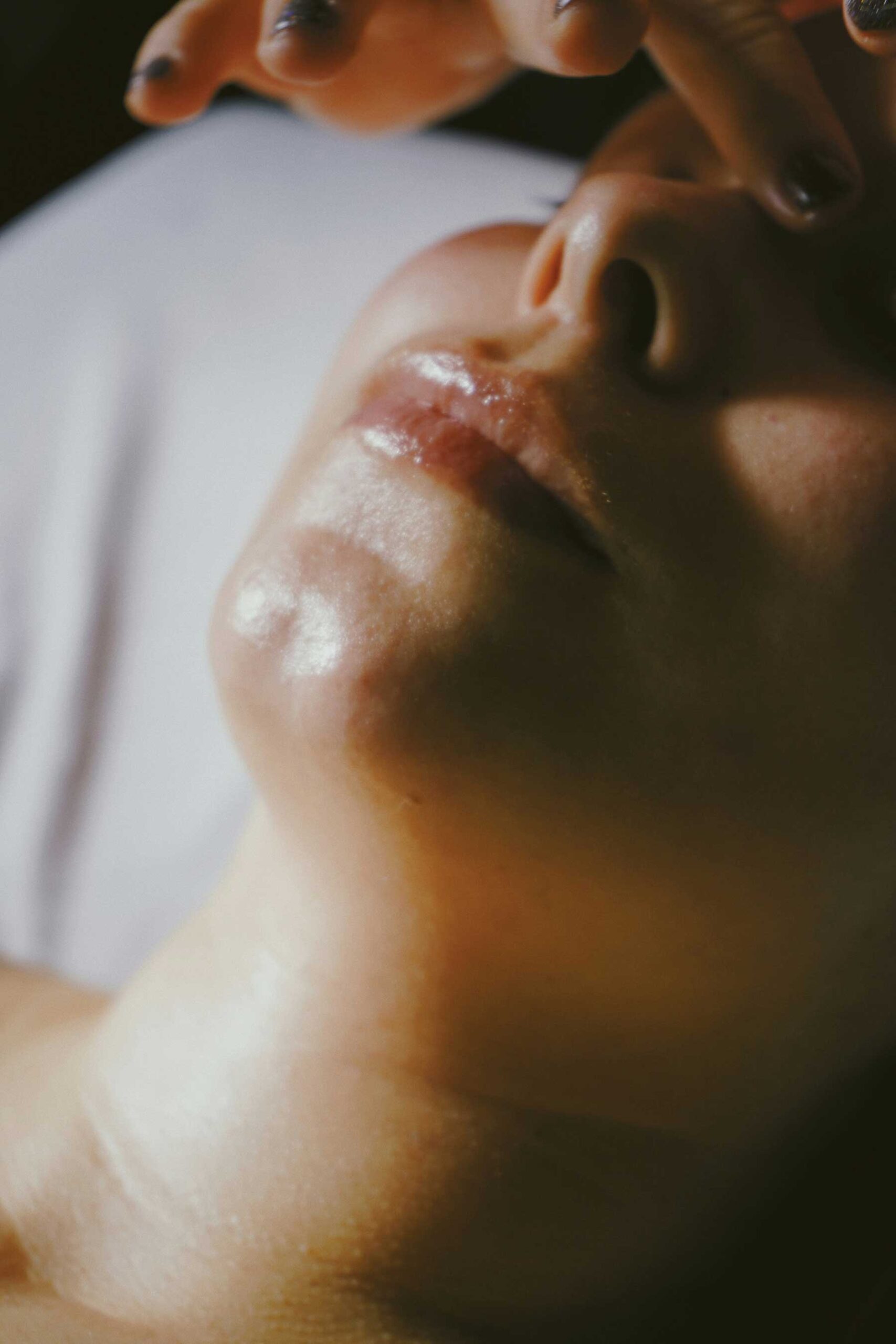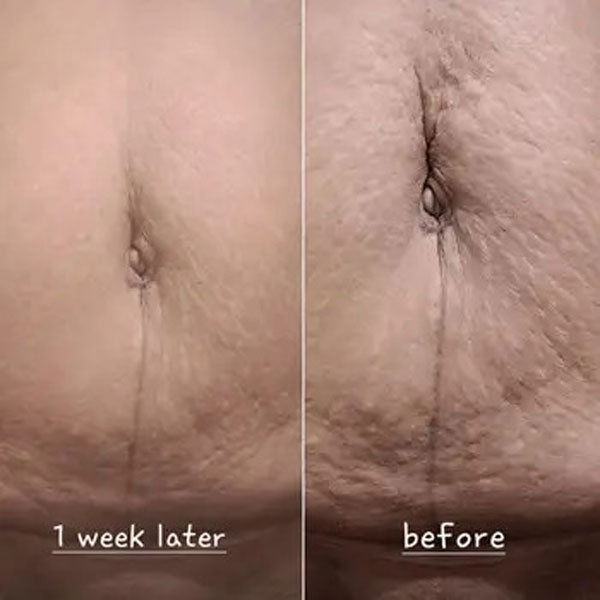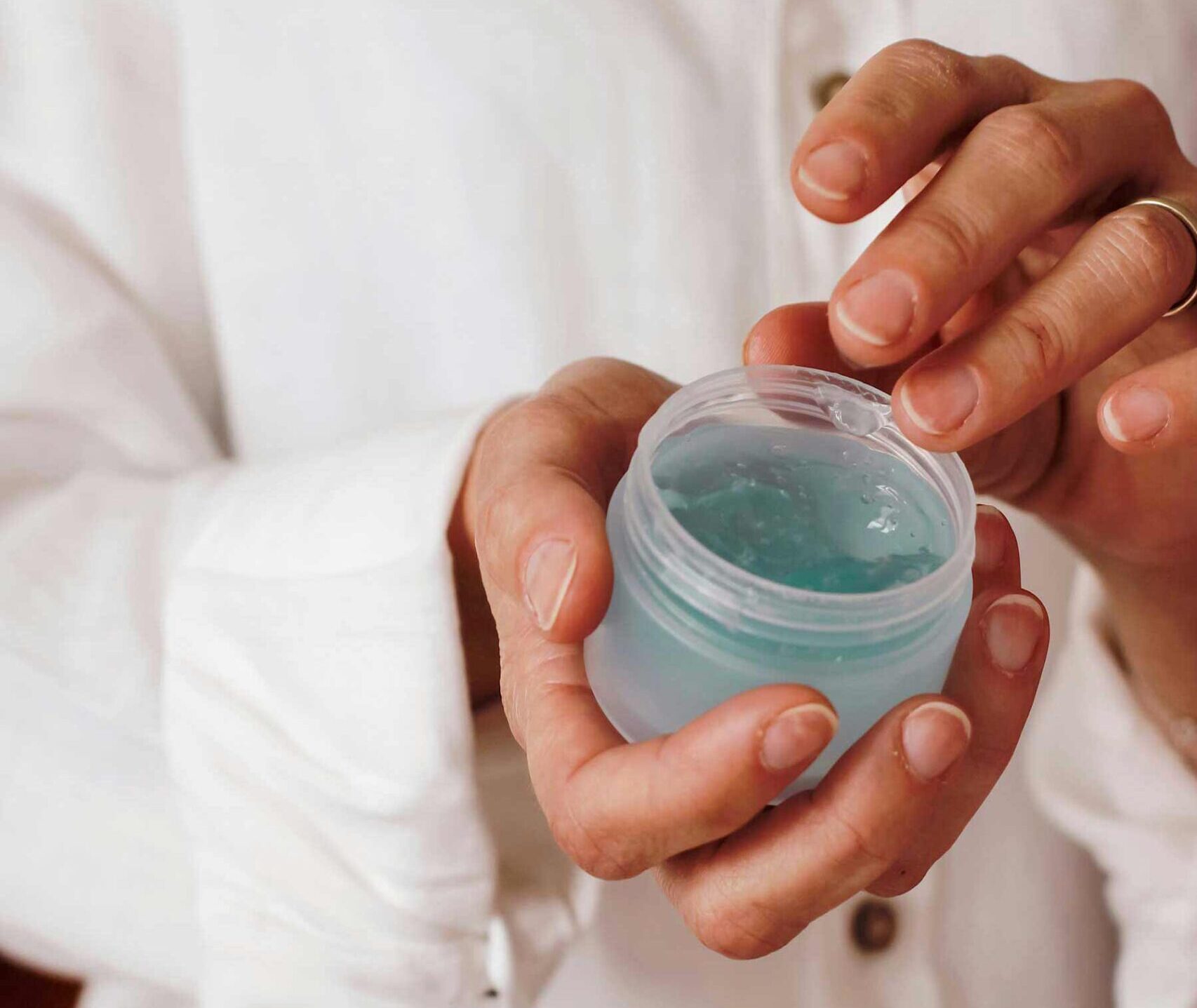Retinol has long been hailed as a miracle ingredient in the world of skincare. Known for its ability to reduce wrinkles, improve skin texture, and even out skin tone, retinol is a must-have for anyone serious about their skincare routine. However, not all retinol products are created equal. There are several types of retinol, each with its own benefits and potential side effects. In this article, we’ll explore the different types of retinol, helping you find the best one for your skin.
1. Retinyl Palmitate
Retinyl palmitate is the most gentle form of retinol, making it ideal for beginners or those with sensitive skin. It’s a combination of retinol and palmitic acid, a fatty acid found in the skin. When applied, retinyl palmitate converts into retinol, then into retinaldehyde, and finally into retinoic acid—the active form of vitamin A that works on your skin.
- Pros:
- Less irritating than stronger forms of retinol
- Suitable for sensitive skin
- Cons:
- Slower to show results
- Less effective for severe skin concerns
2. Retinaldehyde
Retinaldehyde, also known simply as retinal, is a step up from retinyl palmitate. It requires only one conversion step to become retinoic acid, making it more potent and effective than retinyl palmitate but still less irritating than pure retinol.
- Pros:
- Faster results than retinyl palmitate
- Balanced between efficacy and gentleness
- Cons:
- May still cause some irritation, especially for sensitive skin
- More expensive than retinyl palmitate
3. Retinol
Retinol is the most widely used form of vitamin A in over-the-counter skincare products. It’s more potent than retinyl palmitate and retinaldehyde but requires conversion to retinaldehyde and then retinoic acid to become active. Retinol is highly effective in stimulating collagen production, reducing the appearance of fine lines and wrinkles, and improving skin texture.
- Pros:
- Highly effective for anti-aging and skin renewal
- Widely available in a range of strengths
- Cons:
- Can cause irritation, dryness, and peeling, especially for new users
- Requires time to see visible results
4. Retinoic Acid (Tretinoin)
Retinoic acid, also known as tretinoin, is the active form of vitamin A that retinol, retinaldehyde, and retinyl palmitate convert into. Because it doesn’t require any conversion in the skin, retinoic acid works faster and more effectively than its precursors. Tretinoin is typically available by prescription and is used to treat more severe skin concerns like acne, deep wrinkles, and hyperpigmentation.
- Pros:
- Most effective form of retinol for skin renewal
- Works quickly to improve skin concerns
- Cons:
- High potential for irritation, redness, and peeling
- Requires a prescription and professional guidance
5. Retinoid Esters
Retinoid esters, such as retinyl acetate, retinyl propionate, and retinyl linoleate, are even milder forms of retinol. They are often found in anti-aging products marketed as being suitable for sensitive skin. These esters are the least irritating but also the least potent, as they undergo multiple conversion steps to become active in the skin.
- Pros:
- Very gentle on the skin
- Suitable for beginners and those with very sensitive skin
- Cons:
- Least effective for significant skin concerns
- Requires long-term use for visible results
6. Hydroxypinacolone Retinoate (HPR)
Hydroxypinacolone retinoate (HPR) is a newer, more stable form of retinoic acid that doesn’t require conversion in the skin. This means it can deliver the benefits of retinoic acid without the usual irritation. HPR is often found in next-generation retinol products and is praised for providing powerful anti-aging effects with minimal irritation.
- Pros:
- Direct action on the skin without conversion
- Less irritating than traditional retinoic acid
- Cons:
- Can be expensive
- Not as widely available as other retinoid forms
Choosing the Right Retinol for Your Skin
When selecting a retinol product, it’s important to consider your skin type, tolerance level, and skincare goals. If you’re new to retinol or have sensitive skin, starting with a milder form like retinyl palmitate or a retinoid ester is advisable. For those with more resilient skin or specific concerns like deep wrinkles or acne, retinol or tretinoin might be more appropriate.
Tips for Using Retinol
- Start Slow: Begin with a lower concentration and gradually increase as your skin builds tolerance.
- Use at Night: Retinol can make your skin more sensitive to the sun, so it’s best applied at night.
- Moisturize: Pair retinol with a good moisturizer to combat dryness and irritation.
- Sun Protection: Always wear sunscreen during the day to protect your skin while using retinol.
Conclusion
Understanding the different types of retinol and how they work can help you make an informed decision about which product is best suited for your skin. Whether you’re looking to combat aging, improve skin texture, or treat acne, there’s a retinol option out there for you. Remember to start slow, be patient, and consult with a dermatologist if you have any concerns about incorporating retinol into your skincare routine.
This post contains affiliate links to products. We may receive a commission for purchases made through these links.







Leave a Reply